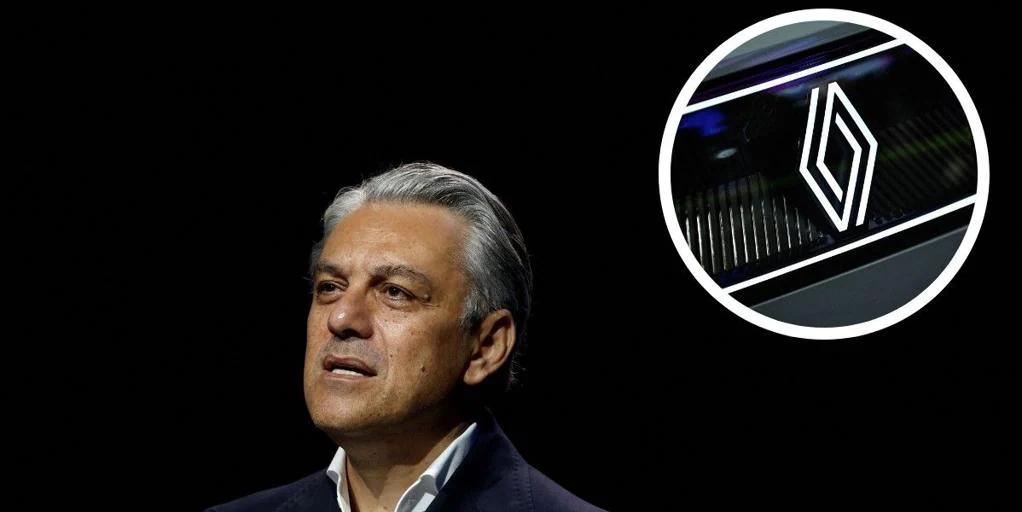Renault CEO hits out at competition from Chinese cars: ‘The problem is…’

The European automotive industry is currently facing two major challenges. On the one side, strict CO2 emissions limits set by the European Unionwhich will come into force in just over a year. These new standards set a maximum of 93.6 grams of CO2 per kilometer, 15% stricter than current ones, and threaten fines of up to €15 billion for manufacturers who fail to comply. On the other hand, they tariffs on Chinese electric carsapproved on October 4, which could come into force if the EU and China fail to reach an agreement.
During the recent Paris Motor Show, these problems attracted the attention of top industry executives, including Luca de Meo, CEO of Renault. “We have shown that Europe can compete with China,” De Meo said, emphasizing that Renault has managed to reduce the development time for new models to just two years.thanks to the study of Chinese experience in the production of electric vehicles. An example is the new electric Twingo, which will cost around 20,000 euros. However, the manager admitted that European manufacturers faced a serious problem: “In Europe, every engineer thinks he has the secret formula, while the Chinese develop a car based on existing parts.”
De Meo emphasized that Europe’s advantage lies in the production of small carsideal for European cities with narrower streets, while Chinese manufacturers are focusing on developing larger SUVs. Despite this, the Renault CEO expressed your concerns about electrificationcalling it a “risky bet.” Renault’s French factories, which have been transformed into electric vehicle production hubs, could face difficulties if sales do not increase.
Other industry leaders such as Oliver Zipse, CEO of BMW, agree that CO2 emissions targets for 2025 need to be revised. According to Zipse, unless the EU changes these restrictions, Europe will continue to depend on Chinese batteries produced by companies like CATL and BYD. Luca de Meo shares this view, adding that a ban on internal combustion engines by 2035 threatens the foundations of the European auto industry.
Electric cars costing less than 20,000 euros
De Meo emphasizes that Renault has developed a platform dedicated exclusively to this type of vehicle, allowing them to offer most affordable electric carresulting in significant savings for customers. By producing these cars in countries such as Slovenia, Renault hopes to sell small electric cars for under 20,000 euros, something De Meo says Chinese manufacturers are not offering in this segment.
However, De Meo warns that the new rules could lead to fines of up to 20 billion euros for the sector if the EU does not delay its 2025 CO2 emissions targets. “The electric vehicle market is half of what is needed to achieve these goals. “he said, suggesting that customers still prefer hybrid cars. Renault is, in fact, one of the leading sales of hybrids in Europe, and these cars have largely replaced diesel cars.
